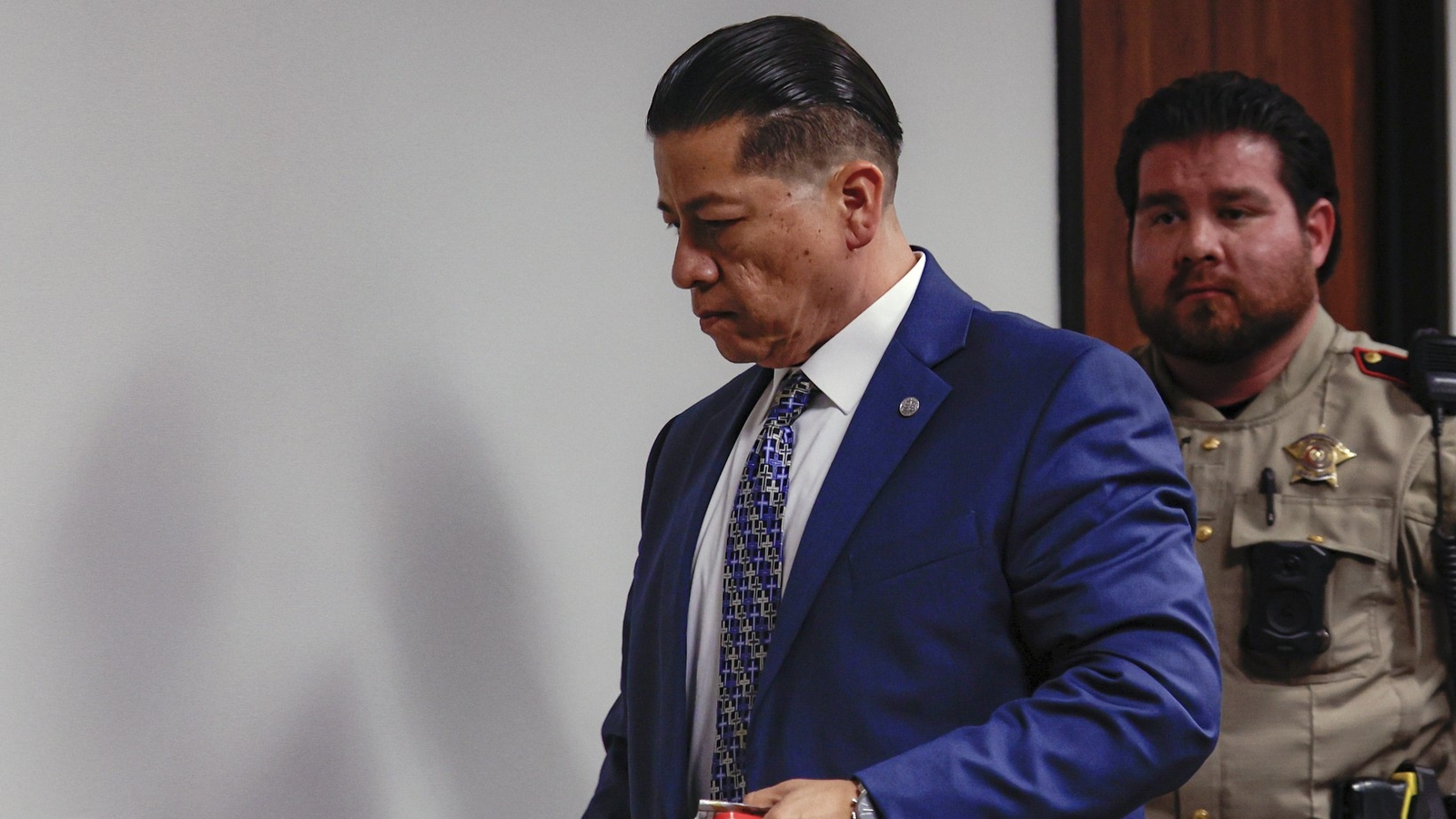The case could have curbed efforts by disability rights activists to ensure that hotels and other places accessible to the public comply with the Americans with Disabilities Act.
WASHINGTON — The Supreme Court on Tuesday sidestepped a ruling on whether a disability rights campaigner can sue hotels for failing to disclose accessibility information if she doesn’t plan to book a room.
The case, involving activist Deborah Laufer, could have curtailed the ability of “testers” to bring lawsuits to benefit the disabled community as a whole by ensuring hotels comply with the Americans with Disabilities Act, known as the ADA.
But in a 9-0 ruling, the first of the court’s term that started in October, the justices in an opinion authored by Amy Coney Barrett concluded that the case was moot because Laufer has since dropped her lawsuit.
That happened after Laufer’s lawyer was suspended from practicing law.
The court was weighing an appeal brought by Acheson Hotels, which operated the Coast Village Inn and Cottages in Maine when the lawsuit was filed. The hotel’s lawyers argued that Laufer did not have legal standing to bring the cases because she had no intention of staying at the hotels.
Laufer, who is disabled and uses a wheelchair, said in her 2020 lawsuit that the hotel’s website did not identify accessible rooms and did not provide other relevant information.
But she had failed to show that she suffered an injury, a requirement necessary to establish standing, the hotel’s lawyers argued.
The court opted against going ahead and deciding the issue despite Acheson’s concerns that Laufer’s new legal team was trying to evade what might have been an unfavorable ruling.
“We are sensitive to Acheson’s concern about litigants manipulating the jurisdiction of this court,” Barrett wrote. “We are not convinced, however, that Laufer abandoned her case in an effort to evade our review.”




